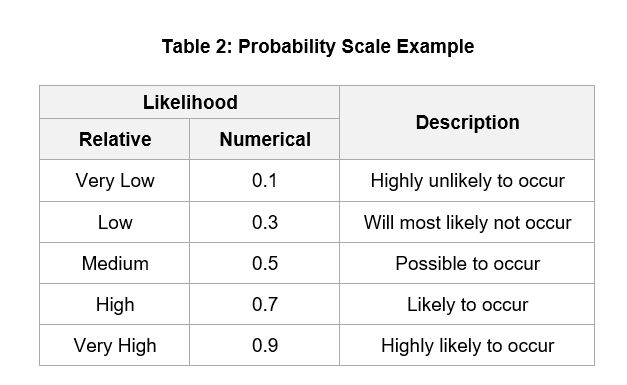Understanding What Credit Score is Needed for a Home Equity Loan: A Comprehensive Guide
#### What Credit Score is Needed for a Home Equity LoanWhen considering a home equity loan, one of the most critical factors lenders evaluate is your credit……
#### What Credit Score is Needed for a Home Equity Loan
When considering a home equity loan, one of the most critical factors lenders evaluate is your credit score. Understanding what credit score is needed for a home equity loan can significantly impact your borrowing experience and the terms of your loan.
A home equity loan allows homeowners to borrow against the equity they have built up in their property. This type of loan can be used for various purposes, such as home renovations, debt consolidation, or major purchases. However, to qualify for a home equity loan, lenders typically require a minimum credit score, which can vary depending on the lender and the specific loan product.
#### The Importance of Credit Score
Your credit score is a numerical representation of your creditworthiness, derived from your credit history. It reflects how well you manage debt and repay loans. A higher credit score generally indicates that you are a lower-risk borrower, which can lead to better loan terms, including lower interest rates. Conversely, a lower credit score may limit your borrowing options or result in higher rates.
#### Typical Credit Score Requirements
While the specific credit score needed for a home equity loan can vary among lenders, most require a score of at least 620. Some lenders may offer loans to borrowers with scores as low as 580, but this often comes with higher interest rates and less favorable terms. For borrowers with excellent credit scores (typically 740 and above), lenders may offer the best rates and terms.

#### Factors Influencing Credit Score
Several factors can influence your credit score, including:
- **Payment History**: This is the most significant factor, accounting for about 35% of your score. Making payments on time is crucial.
- **Credit Utilization**: This refers to the amount of credit you are using compared to your total available credit. Keeping your utilization below 30% is generally recommended.
- **Length of Credit History**: A longer credit history can positively impact your score, as it shows lenders your experience with managing credit.
- **Types of Credit**: Having a mix of credit types (credit cards, installment loans, etc.) can benefit your score.

- **Recent Inquiries**: Multiple hard inquiries in a short period can negatively affect your score.
#### Improving Your Credit Score
If your credit score is below the required threshold for a home equity loan, there are steps you can take to improve it:
1. **Pay Your Bills on Time**: Establish a consistent payment schedule to avoid late payments.
2. **Reduce Debt**: Focus on paying down existing debts to lower your credit utilization ratio.
3. **Check Your Credit Report**: Regularly review your credit report for errors that could be dragging down your score. Dispute any inaccuracies you find.

4. **Limit New Credit Applications**: Avoid applying for new credit accounts in the months leading up to your loan application.
#### Conclusion
Understanding what credit score is needed for a home equity loan is essential for homeowners looking to leverage their property’s equity. By maintaining a good credit score and addressing any issues that could negatively affect it, you can position yourself for favorable loan terms. Always shop around and compare offers from multiple lenders to find the best deal for your financial situation. With careful planning and management, you can successfully secure a home equity loan that meets your needs.